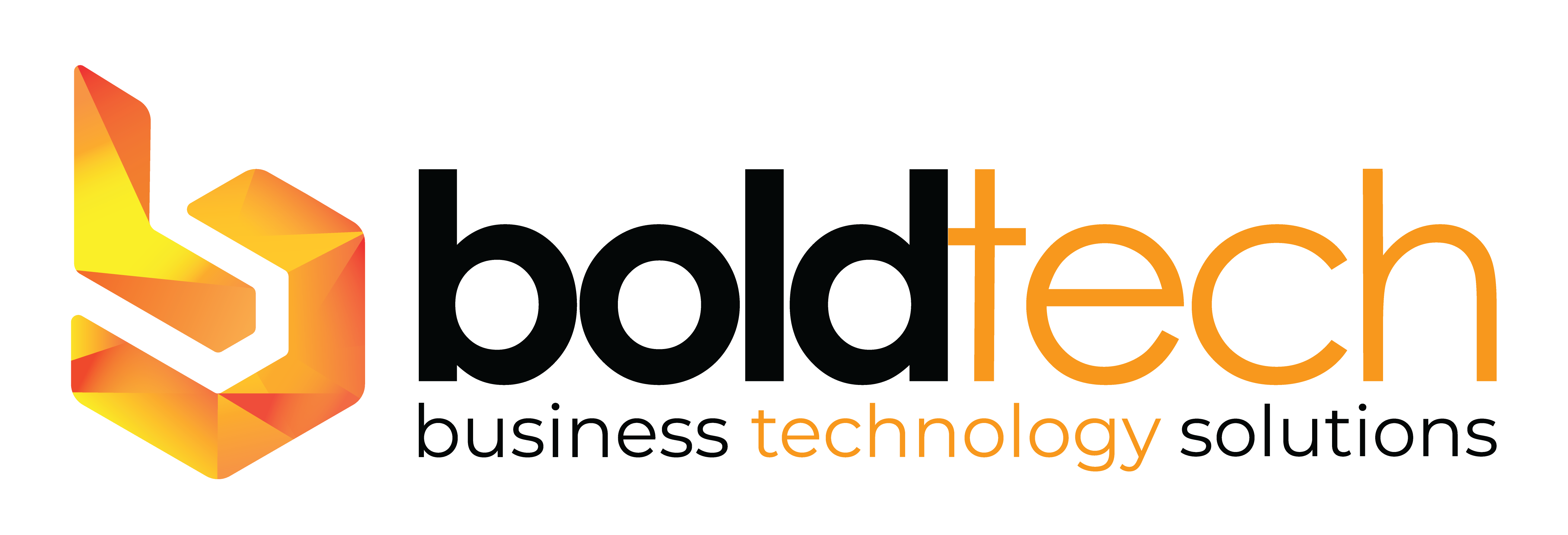
Information and Communications Technology (ICT) is generally accepted to mean that all technologies, that combined allow people and organizations to interact in a digital world. The term was adopted to better describe the convergence of both information and communications technologies and the use of common transmission lines which support the carriage of diverse data and communication types and formats.
Business Innovation
ICT is leveraged for economic, societal and interpersonal transactions and interactions. ICT has drastically changed how people work, communicate, learn and live. Moreover, ICT continues to revolutionize all parts of the human experience as computers and even robots do many of the tasks once handled by humans.
ICT's importance to economic development and business growth has been so monumental, in fact, that it's credited with ushering in what many have labeled the Fourth Industrial Revolution... read more>
Strategic Planning
For businesses, advances within ICT have brought a slew of cost savings, opportunities and conveniences. They range from highly automated businesses processes that have cut costs, to the big data revolution where organizations are turning the vast trove of data generated by ICT into insights that drive new products and services, to ICT-enabled transactions such as internet shopping and telemedicine and social media that give customers more choices in how they shop, communicate and interact... read more>
Cyber Security
But ICT has also created problems and challenges to organizations and individuals alike -- as well as to society as a whole. The digitization of data, the expanding use of high-speed internet and the growing global network together have led to new levels of crime, where so-called bad actors can hatch electronically enabled schemes or illegally gain access to systems to steal money, intellectual property or private information or to disrupt systems that control critical infrastructure... read more>





